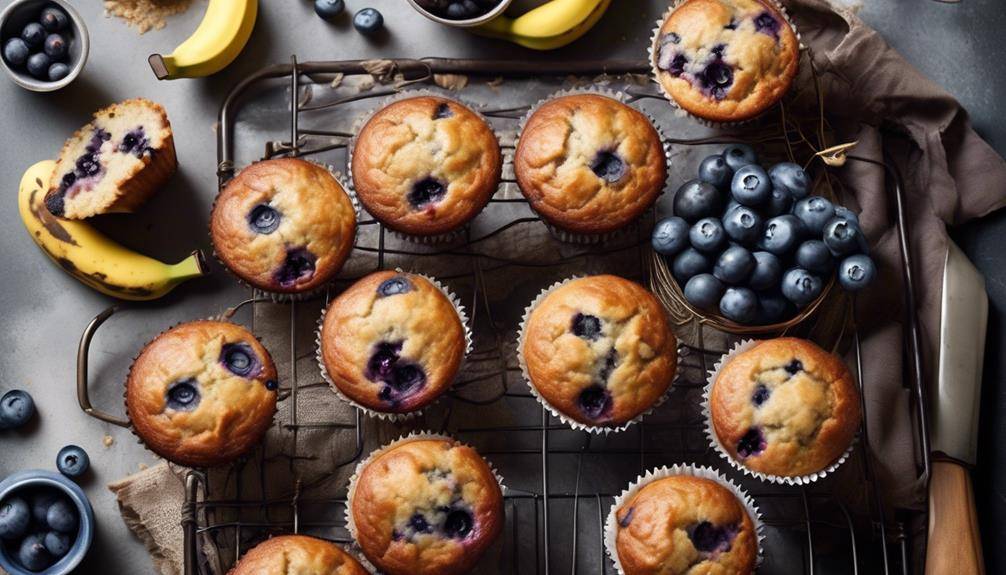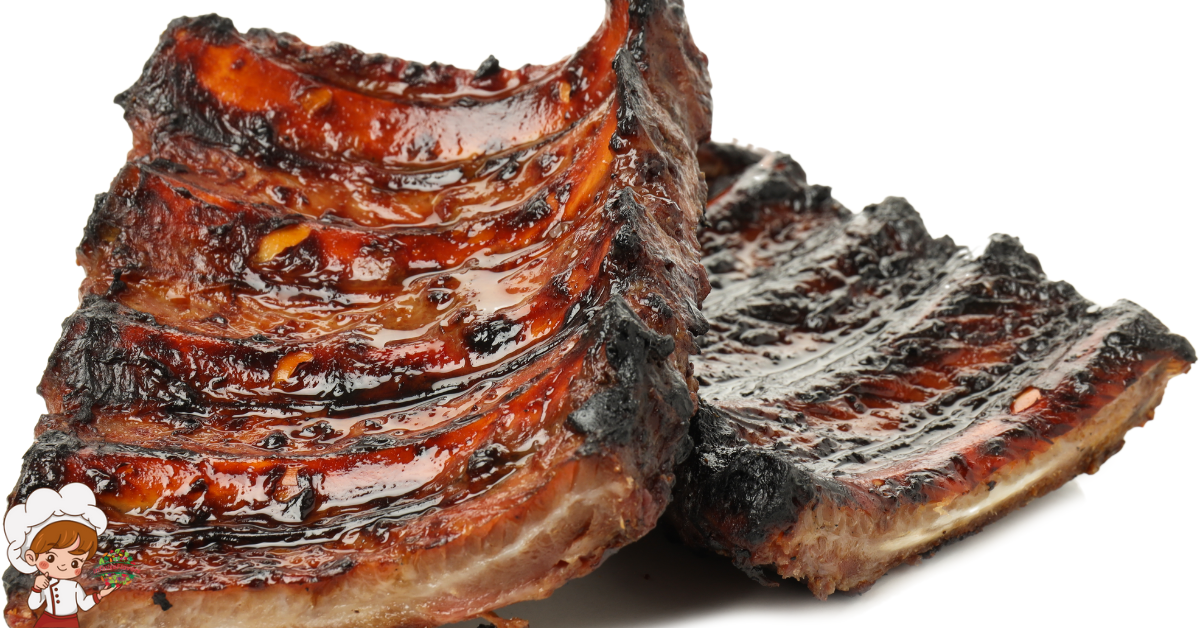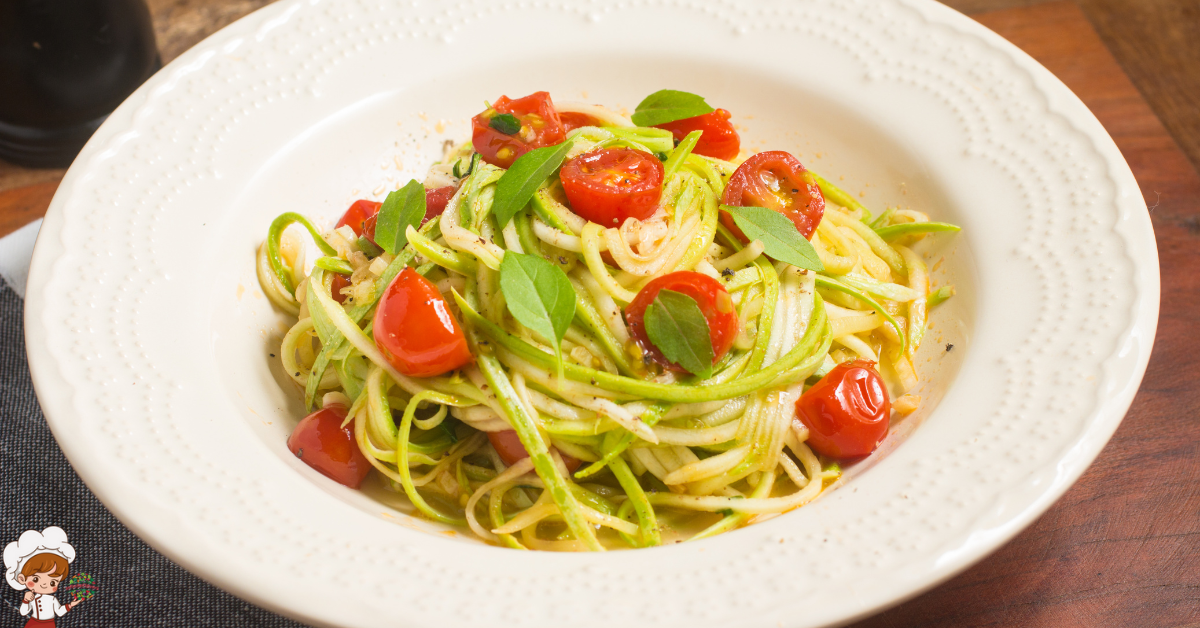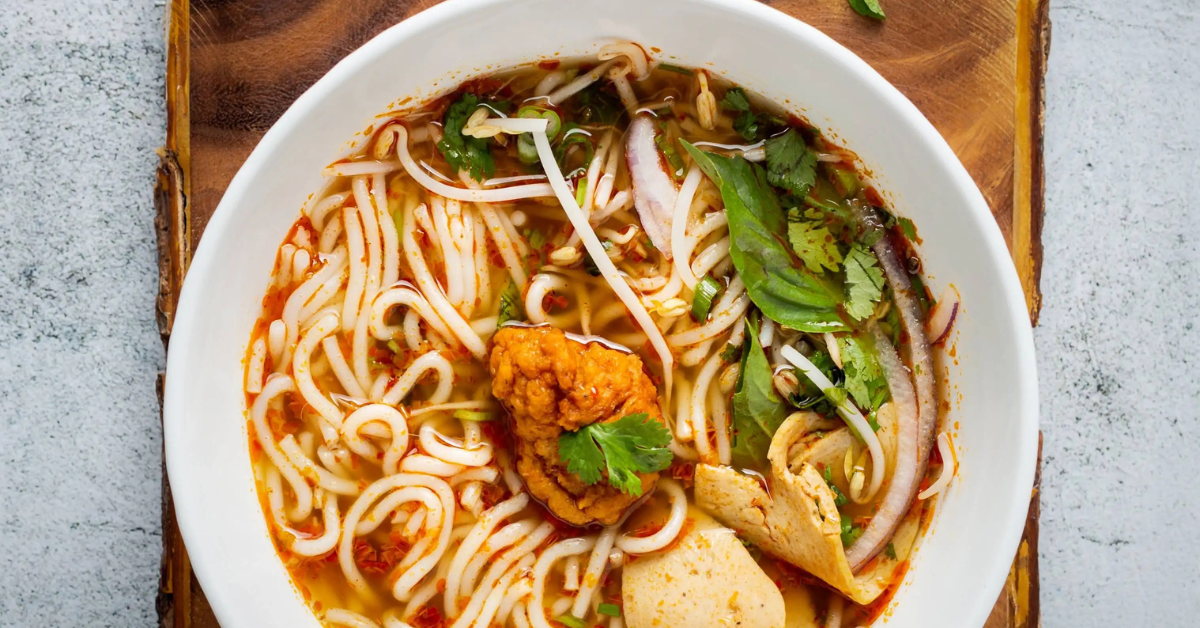The Best Baking Methods For Healthy Muffins

Baking Methods For Healthy Muffins; Are you tired of sacrificing flavor for health when it comes to muffins? Well, fear not! There is a way to create delicious and nutritious muffins that will satisfy your taste buds while also nourishing your body. In this discussion, we will explore various baking methods that can transform your muffins into guilt-free treats. From choosing nutrient-rich ingredients to experimenting with alternative flours, we will uncover the secrets to baking muffins that are both wholesome and delectable. So, get ready to discover a world of healthy baking possibilities and elevate your muffin game to a whole new level.
Choosing Nutrient-Rich Ingredients
To ensure your muffins are packed with essential vitamins and minerals, it is important to carefully select nutrient-rich ingredients. One way to do this is by choosing organic ingredients. Organic ingredients are grown without the use of synthetic pesticides, fertilizers, or genetically modified organisms (GMOs). This means that they are free from harmful chemicals and have a higher nutrient content compared to conventionally grown ingredients.
When it comes to choosing organic ingredients for your muffins, opt for organic flour, sugar, and fruits. Organic flour is made from grains that have been grown without the use of synthetic pesticides or fertilizers. It is also free from bleaching agents and other harmful additives. Organic sugar is made from sugarcane that has been grown without the use of synthetic pesticides or genetically modified seeds. It is less processed and retains higher levels of vitamins and minerals compared to refined white sugar.
In addition to choosing organic ingredients, it is also important to practice portion control. While muffins can be a delicious treat, they can also be high in calories and sugar. To keep your muffins healthy, it is recommended to stick to the suggested serving size and avoid overindulging. Consider making mini muffins instead of regular-sized ones to help with portion control. You can also add healthier ingredients such as nuts, seeds, and dried fruits to increase the nutrient content without adding excessive calories.
Reducing Added Sugars and Sweeteners
To reduce added sugars and sweeteners in your muffins, consider using sugar alternatives such as stevia or monk fruit extract. These natural sweeteners provide sweetness without the extra calories and can be used in smaller quantities. Experiment with different amounts to find the right balance of sweetness for your taste preferences.
Sugar Alternatives
Reducing added sugars and sweeteners can be achieved by incorporating sugar alternatives into your muffin recipes. Sugar substitutes are a great way to maintain the sweetness of your muffins while cutting down on the amount of added sugars. There are several options available, such as stevia, monk fruit extract, and erythritol, which are all natural, low-calorie alternatives. These substitutes can be used in equal amounts to sugar, making it easy to replace them in your favorite muffin recipes.
When using sugar substitutes, it is important to adjust your baking techniques slightly. Since sugar provides moisture and structure to baked goods, you may need to add additional ingredients, such as applesauce or yogurt, to maintain the desired texture. By incorporating sugar alternatives and adjusting your baking techniques, you can enjoy healthier muffins without sacrificing taste.
Natural Sweeteners
If you’re looking to reduce the amount of added sugars and sweeteners in your muffin recipes, consider incorporating natural sweeteners. One popular option is stevia, a plant-based sweetener that has gained popularity due to its zero-calorie content. Stevia is significantly sweeter than sugar, so you’ll only need a small amount to achieve the desired sweetness in your muffins.
Additionally, stevia has been found to have potential health benefits, such as helping to control blood sugar levels and reducing the risk of cavities. Another option is using fruit purees as sweeteners. Fruit purees, such as applesauce or mashed bananas, not only add natural sweetness but also moisture to your muffins. This can help to reduce the amount of added fats or oils in your recipe. Experiment with different natural sweeteners to find the perfect balance of sweetness in your healthy muffins.
Incorporating Whole Grains
To make your muffins healthier, incorporating whole grains is a smart choice. Whole grains offer numerous nutritional benefits, including higher fiber content, vitamins, and minerals. To substitute refined grains, try using whole wheat flour or a combination of whole grain flours to add a nutty flavor and increase the nutrient content of your muffins.
Nutritional Benefits of Whole Grains
Incorporating whole grains into your muffin recipes can provide numerous nutritional benefits for a healthier diet. Whole grain recipes are a great way to increase your fiber intake, which has many positive effects on your overall health. Fiber helps regulate your digestive system, preventing constipation and promoting regular bowel movements. It also helps control blood sugar levels, reducing the risk of developing type 2 diabetes.
Additionally, fiber can aid in weight management by increasing satiety and reducing hunger cravings. Whole grains are also rich in vitamins and minerals, such as B vitamins, iron, and magnesium, which are essential for proper body function. By incorporating whole grains into your muffins, you can enjoy these nutritional benefits while still indulging in a delicious treat.
Tips for Substituting Refined Grains
Consider swapping out refined grains in your muffin recipes with whole grains for a healthier and more nutritious option. Substituting whole grains not only adds more fiber and nutrients to your muffins but also provides a richer flavor and texture. When replacing refined grains, you have various alternative flour options to choose from. Whole wheat flour is a popular choice as it retains the bran and germ, which are packed with vitamins, minerals, and antioxidants.
Other options include oat flour, almond flour, and quinoa flour, all of which offer unique flavors and nutritional profiles. Experiment with different combinations to find the perfect substitute for your muffin recipes. Remember to adjust the liquid ingredients slightly when using alternative flours, as they can absorb more moisture than refined grains.
Using Healthier Fats and Oils
Using healthier fats and oils in your muffin recipes can contribute to a more nutritious and wholesome baked good. When it comes to baking, choosing the right fats and oils is crucial for both taste and health. By opting for healthier alternatives, you can enhance the nutritional profile of your muffins while still enjoying their deliciousness.
One of the main benefits of using healthier fats and oils in your baking is the reduction of saturated fats. Saturated fats, found in animal products and some plant-based oils, can increase the risk of heart disease when consumed in excess. By substituting these fats with healthier options, such as olive oil, coconut oil, or avocado oil, you can significantly decrease the saturated fat content in your muffins.
Another advantage of using healthier fats and oils is the increase in beneficial nutrients. For example, olive oil is rich in monounsaturated fats, which have been linked to improved heart health. Avocado oil is high in vitamin E, an antioxidant that helps protect cells from damage. Coconut oil contains medium-chain triglycerides (MCTs), which can boost metabolism and provide quick energy.
Furthermore, using healthier fats and oils can improve the texture and moisture of your muffins. These alternatives often have a higher moisture content than butter or margarine, resulting in a softer and more moist final product. Additionally, their subtle flavors can complement the taste of your muffins without overpowering other ingredients.
Adding Fiber-Rich Ingredients
To increase the fiber content of your muffins and promote digestive health, include a variety of fiber-rich ingredients in your recipe. Adding fiber-rich fruits is an excellent way to boost the nutritional value of your muffins. Fruits like apples, bananas, berries, and pears are all high in fiber and can easily be incorporated into your baking.
One simple way to include fiber-rich fruits is by adding chopped or pureed fruit directly into the batter. This not only enhances the taste but also adds a natural sweetness and moisture to your muffins. You can experiment with different combinations of fruits to create unique flavor profiles.
Another option is to include dried fruits in your muffin recipe. Dried fruits like raisins, apricots, and dates are packed with fiber and can provide a chewy texture to your muffins. You can either add them as they are or rehydrate them beforehand by soaking in hot water or fruit juice. This will ensure that they remain moist and prevent them from becoming too hard during baking.
In addition to fruits, you can also incorporate other fiber-rich ingredients such as nuts and seeds. Chopped almonds, walnuts, flaxseeds, or chia seeds can add both crunch and fiber to your muffins. These ingredients not only increase the overall fiber content but also provide essential nutrients like omega-3 fatty acids and antioxidants.
Opting for Natural Sweeteners
When it comes to choosing natural sweeteners for your muffins, two options to consider are stevia and fruit purees. Stevia, a plant-based sweetener, is a great alternative to refined sugar as it is much lower in calories and has no impact on blood sugar levels. Fruit purees, such as applesauce or mashed bananas, not only add sweetness but also provide additional nutrients and moisture to your muffins.
Stevia as a Sweetener
Consider incorporating Stevia as a natural sweetener for healthier muffins. Stevia is a plant-based sweetener that has gained popularity in recent years due to its numerous benefits. Unlike refined sugar, Stevia doesn’t contain any calories, making it a great option for those looking to reduce their calorie intake. Additionally, Stevia has been found to have a negligible effect on blood sugar levels, making it a suitable choice for individuals with diabetes or those watching their blood sugar.
When using Stevia in muffin recipes, it is important to note that it is much sweeter than sugar, so a little goes a long way. Experiment with Stevia in your favorite muffin recipes, starting with small amounts and adjusting to taste. Incorporating Stevia can help you achieve flavorful, yet healthier muffins.
Using Fruit Purees
Using fruit purees as a natural sweetener is a delicious and nutritious alternative for baking healthier muffins. Fruit purees, such as applesauce or mashed bananas, add natural sweetness and moisture to your muffins without the need for refined sugars. They also provide added vitamins, minerals, and fiber. When using fruit purees, it is important to explore different baking methods to ensure the desired texture and taste. For instance, you may need to adjust the amount of other liquid ingredients or reduce the baking time to compensate for the extra moisture from the purees.
Additionally, experimenting with different fruit varieties can offer a variety of flavors and nutritional benefits. So, next time you’re baking muffins, consider using fruit purees as a natural and healthy sweetener option.
Experimenting With Alternative Flours
Experimenting with alternative flours can lead to healthier and more diverse muffin options. If you’re looking to reduce or eliminate gluten from your muffin recipe, there are several gluten-free alternatives you can try. One option is to use a gluten-free flour blend, which typically combines different grain flours like rice, tapioca, and potato starch. These blends are readily available in most grocery stores and can be used as a one-to-one substitute for regular flour in your muffin recipe.
Another option for experimenting with gluten-free alternatives is to incorporate nut flours into your muffin batter. Nut flours, such as almond flour or coconut flour, are naturally gluten-free and can add a unique flavor and texture to your muffins. When using nut flours, it’s important to note that they absorb more moisture than regular flour, so you may need to adjust the liquid content of your recipe accordingly.
In addition to being gluten-free, nut flours also offer several health benefits. They are packed with protein, healthy fats, and fiber, which can help keep you feeling full and satisfied. Nut flours also contain essential vitamins and minerals, such as vitamin E and magnesium.
When experimenting with alternative flours, it’s important to keep in mind that different flours have different properties, so the texture and taste of your muffins may vary. It may take some trial and error to find the right flour or flour combination that works best for your taste preferences and dietary needs.
Enhancing Flavor With Spices and Extracts
To add depth and complexity to your muffin flavors, spice things up with a variety of aromatic spices and extracts. Spices and extracts not only enhance the taste of your muffins but also offer several health benefits.
When it comes to spices, cinnamon is a popular choice. Its warm and sweet flavor adds richness to your muffins while also providing anti-inflammatory and antioxidant properties. Nutmeg, with its subtly sweet and nutty taste, pairs well with fruits and adds a touch of warmth to your muffins. Ginger, known for its zesty and slightly spicy flavor, can aid digestion and reduce inflammation.
Extracts, such as vanilla and almond, are also great options for enhancing flavor. Vanilla extract adds a sweet and creamy taste to your muffins, while almond extract provides a subtle nuttiness. These extracts can elevate the overall flavor profile of your muffins and make them more enjoyable.
In addition to their flavor-enhancing properties, many spices and extracts offer numerous health benefits. For example, cinnamon has been shown to help regulate blood sugar levels and improve insulin sensitivity. Ginger has been used for centuries to ease digestive discomfort and reduce nausea. Vanilla extract contains antioxidants that can protect against cell damage.
When using spices and extracts, remember to start with small amounts and gradually adjust to your taste preferences. Be cautious not to overpower the muffin’s natural flavors. With the right combination of spices and extracts, you can create muffins that are not only delicious but also offer additional health benefits.
Balancing Moisture and Texture
Now let’s explore how to achieve the perfect balance of moisture and texture in your muffins. Balancing moisture and texture is crucial to creating muffins that are both moist and tender, without being overly dense or dry. To achieve this balance, there are a few key techniques and ingredients to keep in mind.
First, it’s important to measure your ingredients accurately. Too much liquid can make your muffins overly moist and heavy, while too little can result in dry and crumbly muffins. Use measuring cups and spoons to ensure you’re adding the right amount of liquid ingredients, such as milk or yogurt, and dry ingredients like flour and sugar.
Another way to balance moisture and texture is by choosing the right fat content. Fat adds moisture and tenderness to muffins, but too much can make them greasy. Opt for healthier fats, such as unsweetened applesauce or mashed bananas, to add moisture without sacrificing texture. You can also use healthier oils like olive or coconut oil instead of butter.
Additionally, incorporating fruits and vegetables into your muffins can help balance moisture and add natural sweetness. Fruits like berries, bananas, or grated carrots contribute moisture and keep the muffins from drying out. They also add a pleasant texture and flavor.
Lastly, be mindful of the baking time and temperature. Overbaking can result in dry and tough muffins, while underbaking can make them too moist and gooey. Use a toothpick or cake tester to check for doneness. It should come out clean or with a few crumbs clinging to it.
Making Mini Muffins for Portion Control
Consider making mini muffins as a way to control portion sizes and enjoy a guilt-free treat. Portion size plays a crucial role in maintaining a healthy diet, and mini muffins provide a convenient solution for healthy snacking. By reducing the size of traditional muffins, you can still indulge in your favorite flavors while keeping your calorie intake in check.
Mini muffins offer several benefits when it comes to portion control. Firstly, their smaller size naturally limits the amount of calories and fat you consume per serving. This makes them an excellent choice for those watching their weight or trying to maintain a balanced diet. Secondly, mini muffins are perfectly portioned for on-the-go snacking. They can be easily packed in lunchboxes, purses, or gym bags, allowing you to satisfy your cravings without reaching for unhealthy alternatives. Lastly, mini muffins allow for variety, as you can bake different flavors in one batch. This adds excitement to your snacking experience and prevents monotony.
To ensure that your mini muffins are a healthy snacking option, it is important to choose nutritious ingredients. Opt for whole wheat flour instead of refined white flour to increase the fiber content and add essential nutrients. You can also incorporate fruits, vegetables, or nuts into the batter for added nutritional value. Additionally, use natural sweeteners like honey or maple syrup instead of refined sugars to reduce the overall sugar content.
Baking Methods For Healthy Muffins; Frequently Asked Questions
Can I Substitute a Gluten-Free Flour for All-Purpose Flour in These Healthy Muffin Recipes?
Yes, you can substitute a gluten-free flour for all-purpose flour in these healthy muffin recipes. Gluten-free flours offer benefits like being easier to digest and suitable for those with gluten sensitivities.
How Can I Make My Muffins More Moist Without Adding Excessive Amounts of Oil?
To make your muffins more moist without adding excessive amounts of oil, you can try incorporating moisture retention techniques such as using mashed bananas, applesauce, yogurt, or buttermilk. These oil-free alternatives will help keep your muffins moist and delicious.
Are There Any Alternatives to Using Eggs in These Muffin Recipes for Those With Dietary Restrictions?
If you have dietary restrictions and need an alternative to using eggs in muffin recipes, there are various egg substitutes available. Some options include mashed bananas, applesauce, yogurt, or flaxseed meal mixed with water. Additionally, for nut-free options, you can use seeds like chia or hemp as a substitute.
Can I Use a Sugar Substitute, Such as Stevia or Erythritol, Instead of Natural Sweeteners?
You can use a sugar substitute like stevia or erythritol in your muffin recipes instead of natural sweeteners. These substitutes can provide health benefits, such as reducing calories and blood sugar impact. Adjust the sweetness level to your taste by experimenting with different amounts.
How Do I Prevent My Muffins From Sticking to the Pan When Using Alternative Flours?
To prevent your muffins from sticking to the pan when using alternative flours, make sure to properly grease the pan with cooking spray or butter. This will create a barrier and help them release easily.
Conclusion
Incorporating nutrient-rich ingredients, reducing added sugars, and using healthier fats and oils are key to baking healthy muffins. Adding fiber-rich ingredients and experimenting with alternative flours can also enhance the nutritional value. Balancing moisture and texture is important for a delicious end result. Making mini muffins can help with portion control. With these baking methods, you can enjoy tasty and nutritious muffins without compromising on health.








